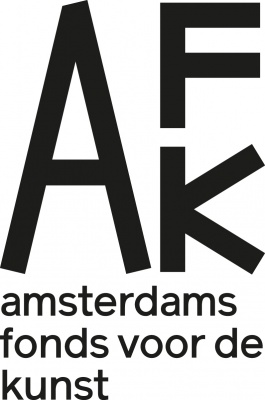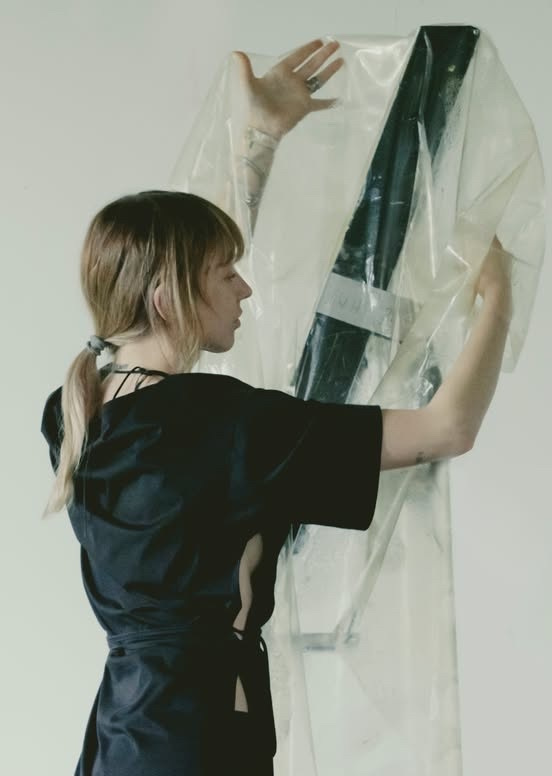
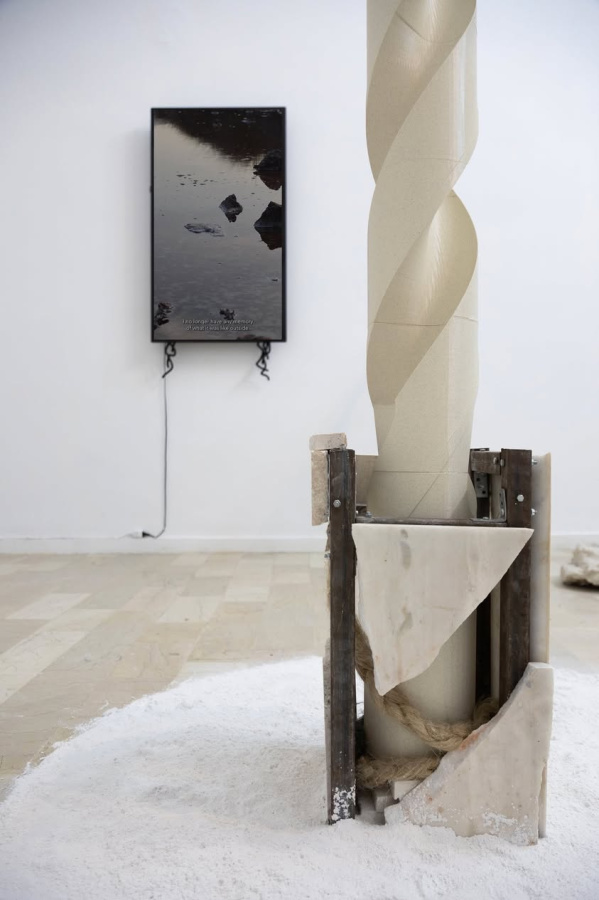
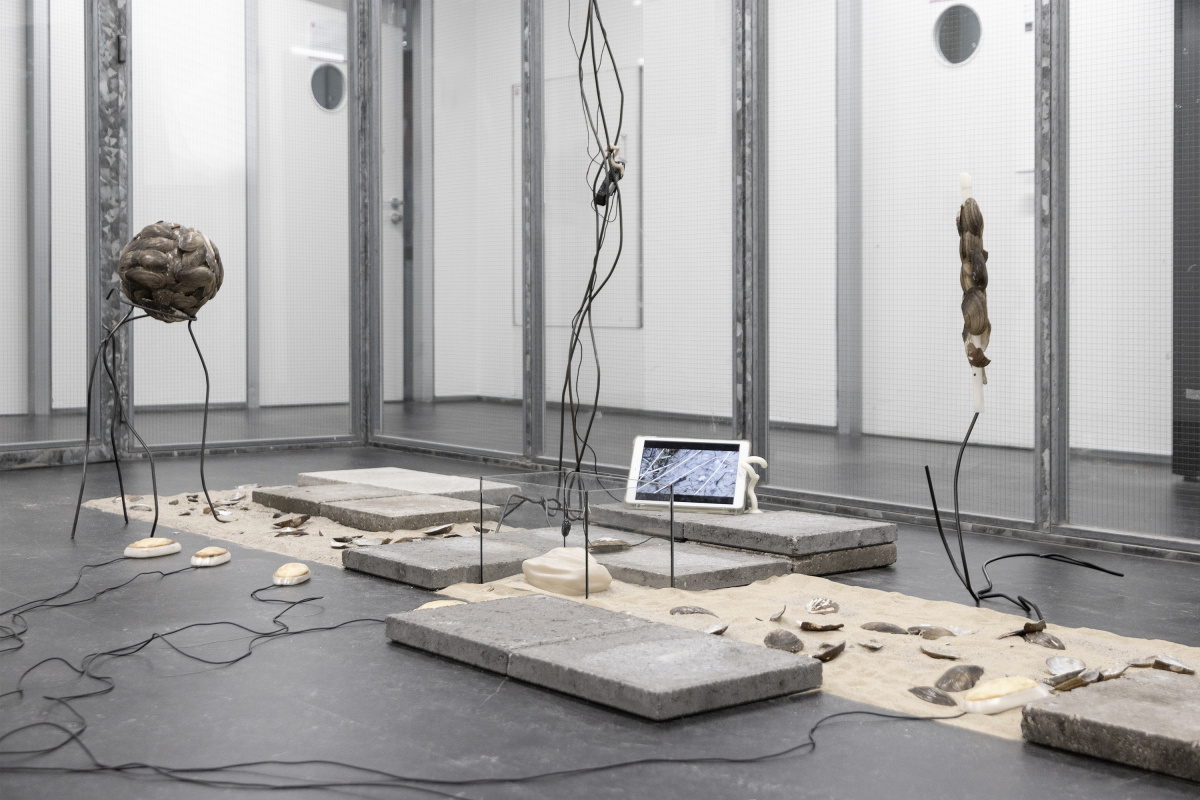
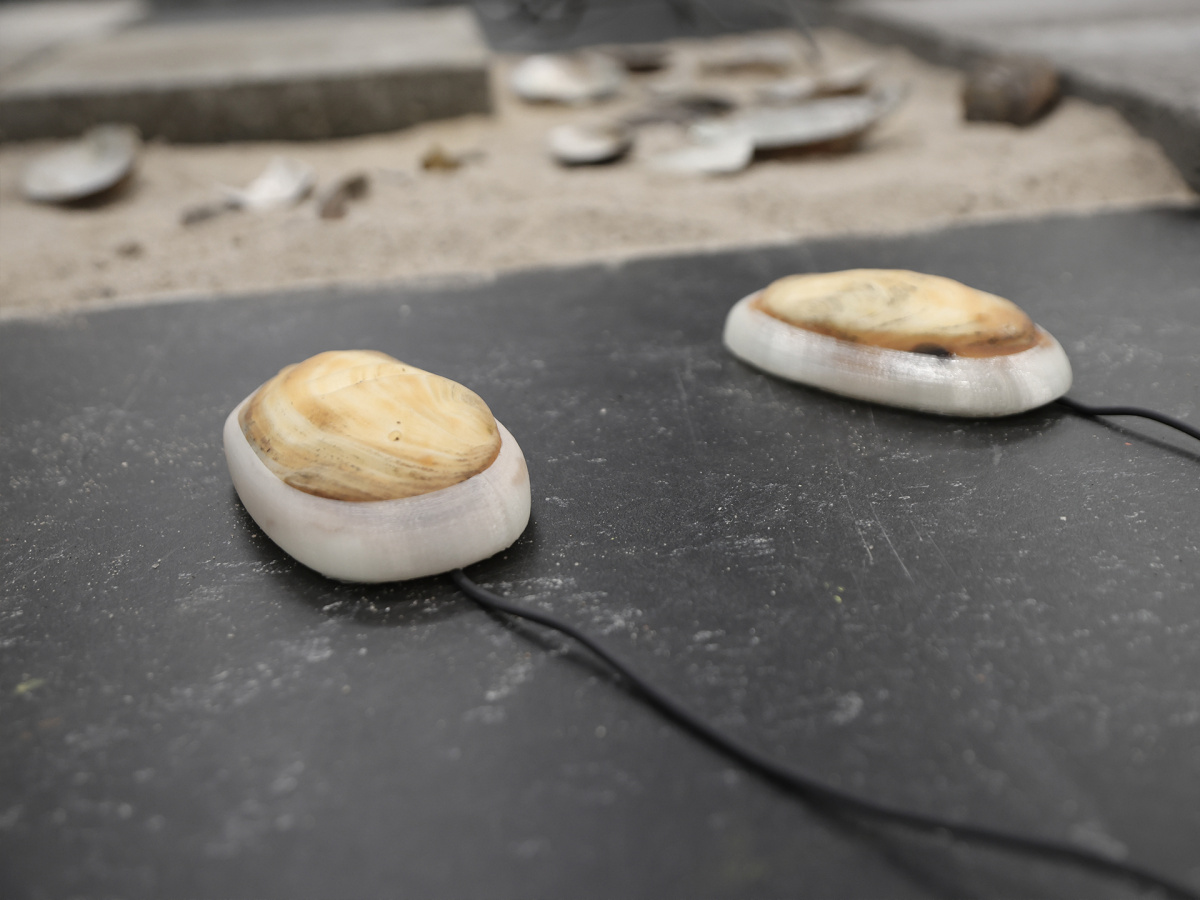
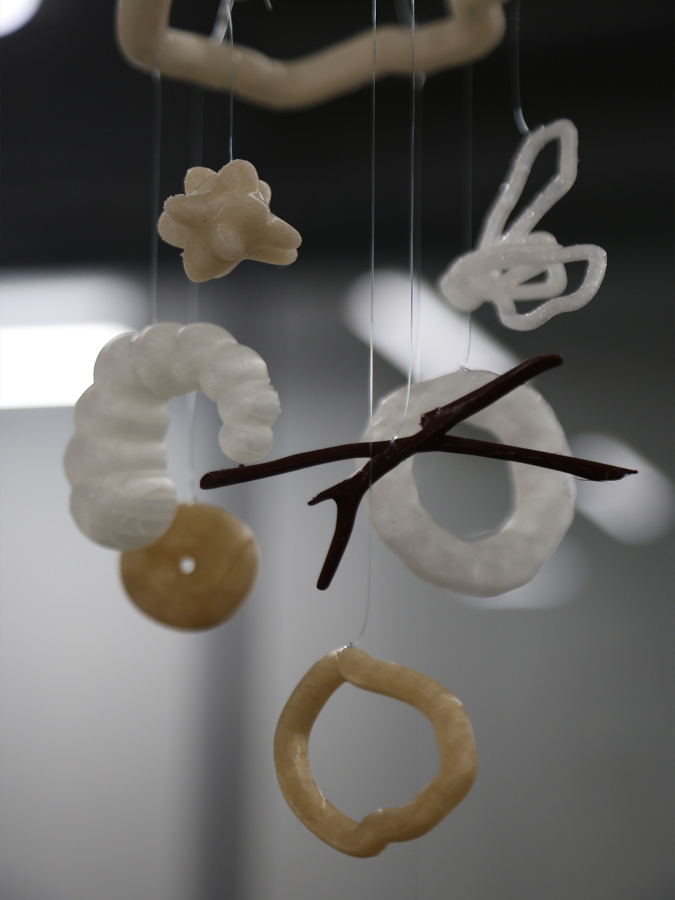
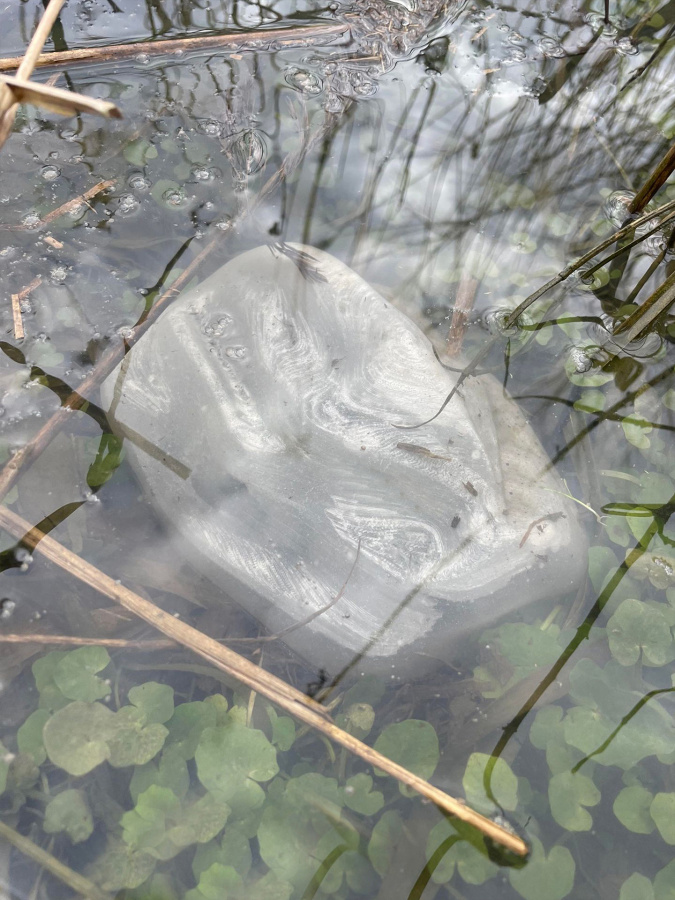
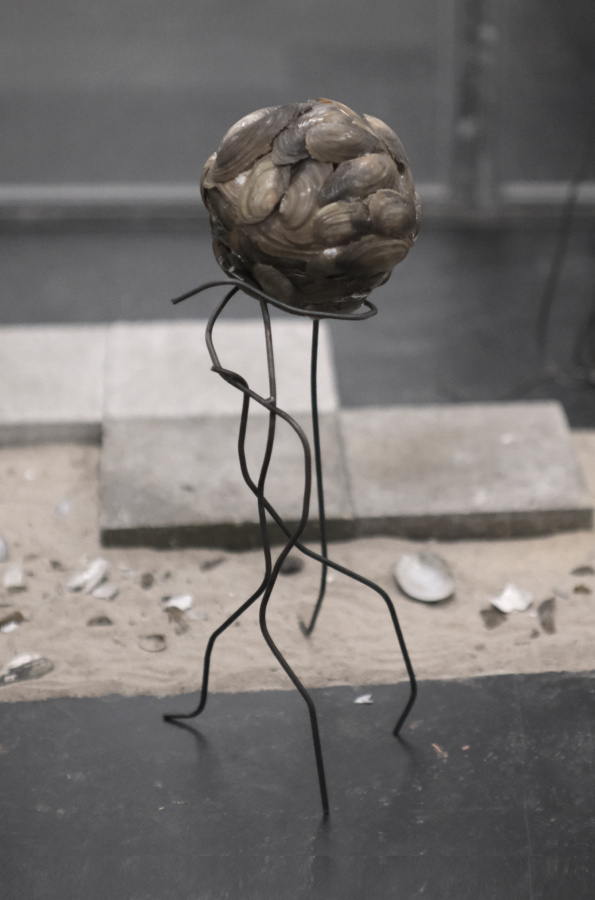
Izabela Koczanowska is an interdisciplinary artist and researcher. Her work explores speculative realities, spatial dysfunctions, and the profound influence of spaces on bodies and psyches. Iza is passionate about sustainable materials, transparency, 3D art, and the transformative potential of AI in interdisciplinary practice.
During her residency in m4, Iza will be organizing a series of workshops: Narrative Environments. The aim is to explore and transform familiar understandings of tourism or traveled places, revealing spaces as relational rather than fixed. Participants conduct research through experimentation, engaging in critical-creative writing and model-making to give material form to personal narratives.
The workshops are part of her broader ongoing research, through which she aims to reflect on how storytelling can help us reimagine spatial practices and consider the workshop form as an alternative form of collaborative research.Iza studied media art and interior architecture in Krakow (Poland) and Paris. This summer, she graduated with honors with a master's degree from Willem de Kooning Rotterdam.


